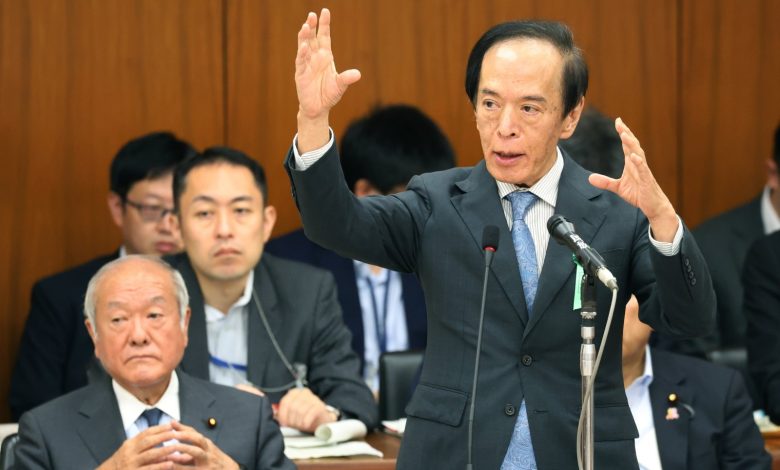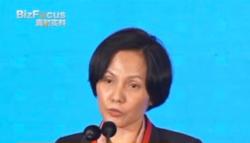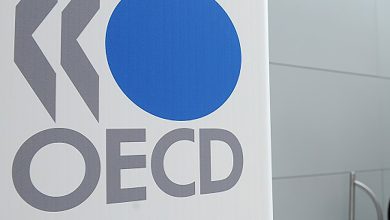BOJ’s Ueda signals new rate hikes if economy, inflation on track

Bank of Japan (BOJ) policymakers could hike interest rates again if inflation and the economy performed as expected, its governor indicated on Friday, weeks after turmoil caused by a surprise increase earlier this month.
Governor Kazuo Ueda’s remarks come after markets were sent into a spin by the bank’s second cut in 17 years on July 31, hours before the U.S. Federal Reserve (Fed) indicated it was set to start cutting.
The decision, and hints at more to come, sparked a sharp unwind of the “yen carry trade” – in which investors use the cheaper currency to buy higher-yielding assets such as stocks – and sent equities plunging and the yen soaring.
“We will continue to adjust the degree of monetary easing if we can confirm a rising certainty that the economy and prices will stay in line with our forecasts,” Ueda told parliament just as data showed core inflation edged higher in July and remained well above the bank’s target.
He also warned that “financial and capital markets at home and abroad remain volatile,” adding “it is necessary to monitor (the markets) with a high sense of urgency.”
The comments saw the yen strengthen against the dollar Friday, hitting 145.29 to the greenback at one point, from a day’s high above 146.
The sell-off on Aug. 5, which was also fuelled by weak U.S. jobs data that fanned recession fears, saw equity markets around the world plunge with Tokyo’s Nikkei 225 diving more than 12% – its worst day since Black Monday in 1987.
Markets have since recovered but traders remain on edge about any further disruptions, with the Fed expected to cut rates next month and possibly again before the end of the year.
Ueda explained in the parliament the market turmoil was triggered as “fears of a slowdown in the U.S. economy spread rapidly.”
“This caused a global depreciation of the dollar and a fall in stock prices.”
Ueda added that the July rate hike decision was “appropriate,” citing the increase in wages.
Earlier this month, the BOJ’s deputy governor said officials would not raise interest rates when financial markets were unstable.
Figures earlier Friday showed Japan’s core consumer price index hit 2.7% last month, in line with expectations but up slightly from June.
Increases in the cost of electricity and gas, processed food and car insurance premiums were among the areas contributing to the uptick, the internal affairs ministry said in a statement.
While price increases at the petrol pump slowed, that was offset by rising electricity and natural gas fees, the ministry added.






